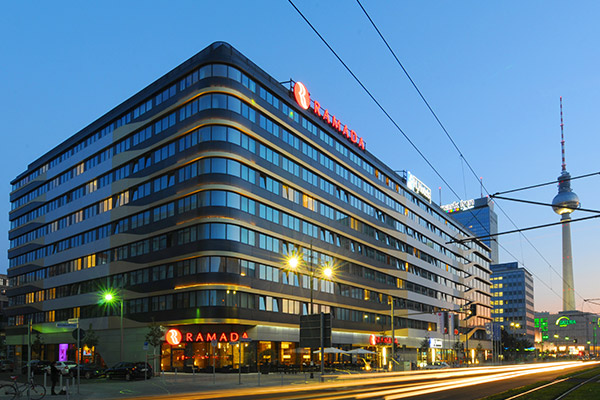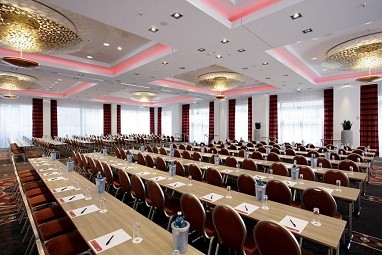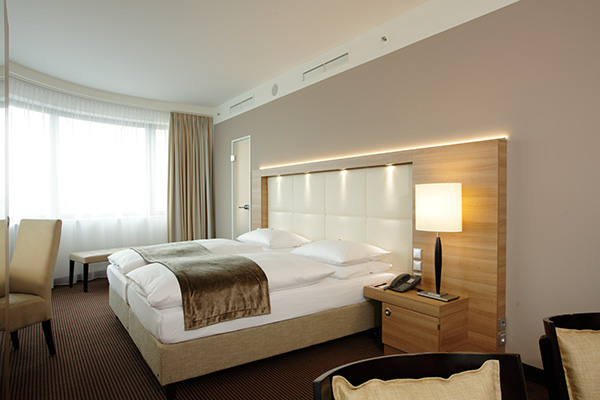Venue & Hospitality
Sheraton Berlin Grand Hotel Esplanade
Lützowufer 15
10785 Berlin
Germany
Conference Dates: July 18-20, 2016
Hotel Services & Amenities
- Audio/Visual Equipment Rental.
- Business Center.
- Business Phone Service.
- Complimentary Printing Service.
- Express Mail.
- Fax.
- Meeting Rooms.
- Office Rental.
- Photo Copying Service.
- Secretarial Service.
- Telex.
- Typewriter.
- Video Conference.
- Video Messaging.
- Video Phone.
- ATM.
- Baggage Storage.



Transportation
Driving Directions to
Route Map
About City
Berlin is the capital of Germany, and one of the 16 states of Germany. Berlin is Germany's largest city and is the second most populous city proper and the seventh most populous urban area in the European Union. Located in north-eastern Germany on the banks of Rivers Spree and Havel, it is the centre of the Berlin-Brandenburg Metropolitan Region, which has about six million residents from over 180 nations.
In 2013, the nominal GDP of the city state Berlin experienced a growth rate of 1.2% (0.6% in Germany) and totalled €109.2 (~$142) billion. Berlin's economy is dominated by the service sector, with around 80% of all companies doing business in services. The unemployment rate reached a 20-year low in June 2014 and stood at 11.0%.
Research and development have economic significance for the city. The city has a high density of research institutions, such as the Fraunhofer Society, Leibniz Association and the Max Planck Society, which are independent of, or only loosely connected to its universities. The metropolitan region ranks among the top-3 innovative locations in the EU. The Science and Business Park in Adlershof is the largest technology park in Germany measured by revenue. Within the Eurozone, Berlin has become a center for business relocation and international investments.
Berlin has a long history of discoveries in medicine and innovations in medical technology. Bayer Health Care and Berlin Chemie are major pharmaceutical companies headquartered in the city. The Charité hospital complex is the largest university hospital in Europe. Among them are the German Heart Center, one of the most renowned transplantation centers, the Max-Delbrück-Center for Molecular Medicine and the Max-Planck-Institute for Molecular Genetics. In 2008, 62,000 scientists were working in research and development in the city. Berlin is one of the centers of knowledge and innovation communities of the European Institute of Innovation and Technology (EIT).
Berlin is a world city of culture, politics, media, and science.Its economy is based on high-tech firms and the service sector, encompassing a diverse range of creative industries, research facilities, media corporations, and convention venues. The expanding cultural performance of the city was underscored by the relocation of the Universal Music Group and MTV who decided to move their headquarters and main studios to the banks of the River Spree.
